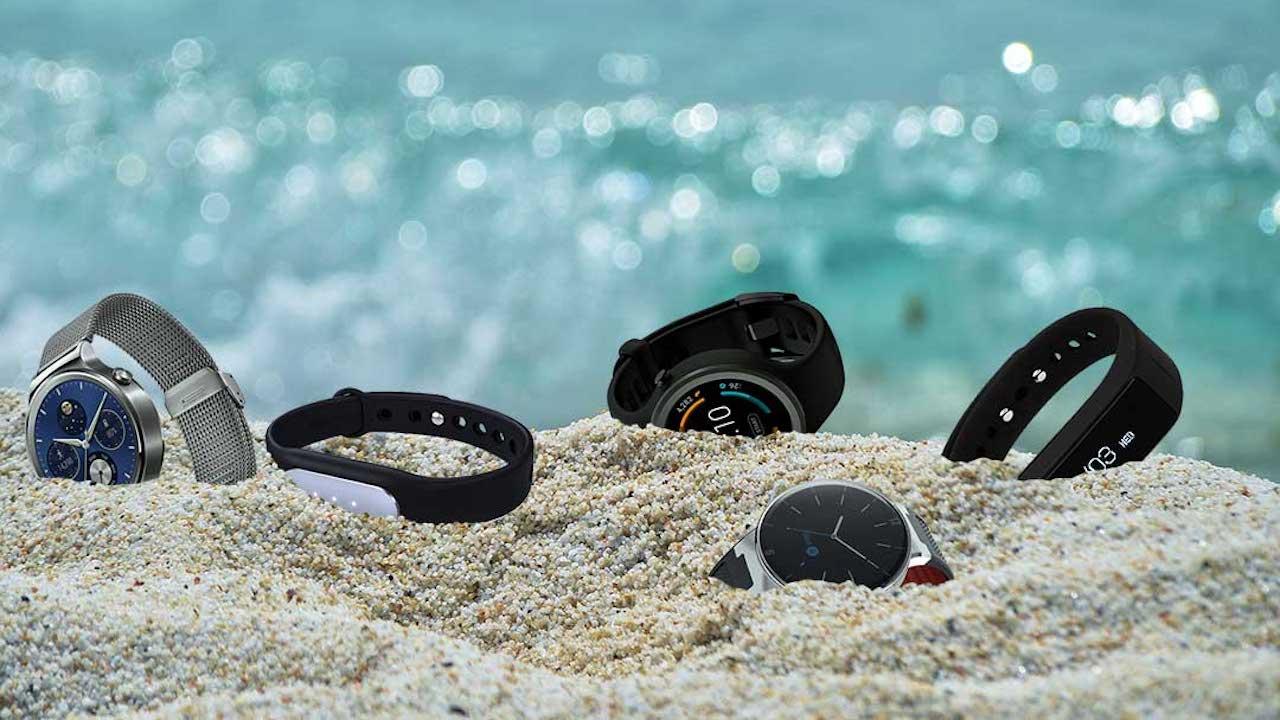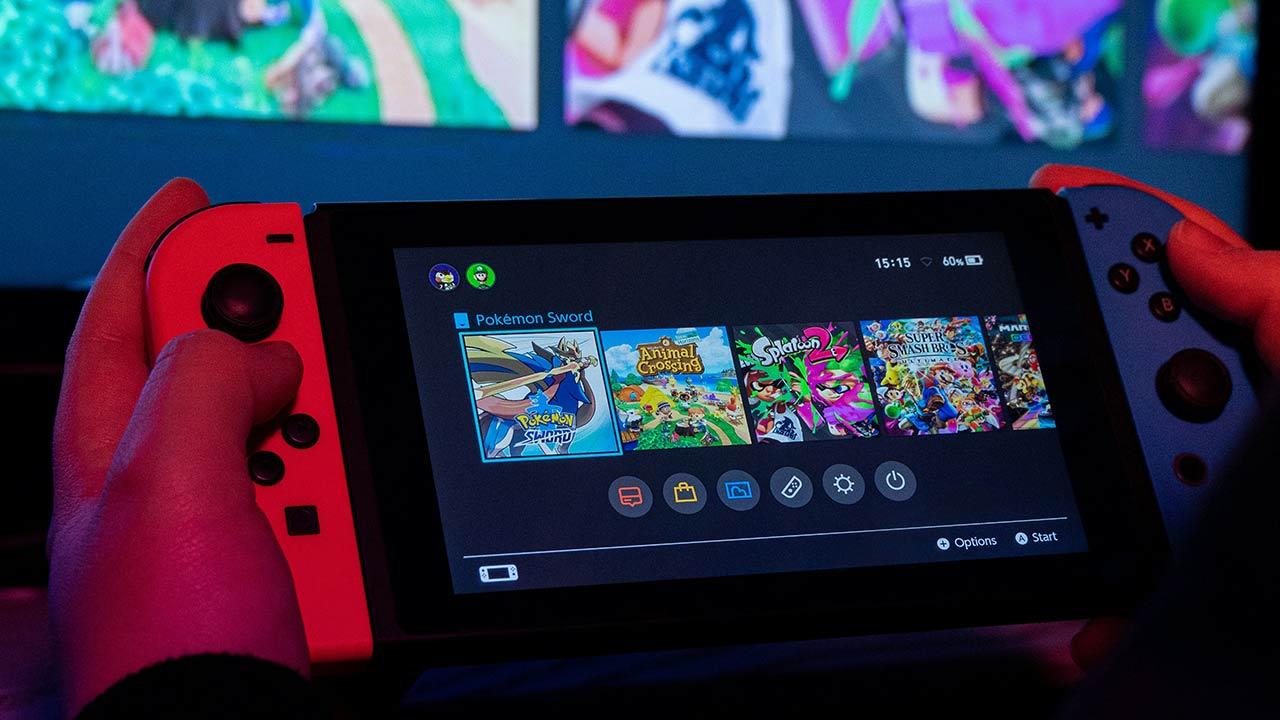Today we are going to talk about the different certifications and why they are 100% approved. Since the salt water of the beach is not the same, that of the swimming pool with chlorine, or that which comes out of your tap at home.
Salt water and IP67
If you have a device with a certification of this style, let’s first see what it means.
The first number would be the protection against solids, with 6 being the highest value. On the right side we would see the level of liquids because the maximum is 8, which guarantees protection before permanent immersion. However, it does not specify which type, since these certifications are only considered in pure water. Neither in other types of liquids nor with other components.
In other words, salty sea water is not guaranteed, and moreover, its exposure would be worse than doing it with a bottle of wine, because Salt is a very powerful corrosive that can damage an electronic device very quickly. In addition, its components make water itself a better conductor of electricity, being able to produce a short circuit and leaving our gadget or equipment unusable in seconds.
Therefore, its use on the beach would not be recommended. Of doing it and not remembering we had it, the best will be to rinse it later with normal water, thus trying to clean the salt that can be hidden and stuck to our device, because even if you dry it and think that it has nothing, this sodium component is not liquid and therefore it can be hidden inside. We’d better make sure it’s washed well.
On the other hand however swimming pool chlorine It can also be harmful, studies show that in general, due to the temperature and the conditions of use, it would not affect our equipment in any way. It should be used above 110 degrees for the chlorine itself to act corrosively like salt. Something impossible, since he and we would burn first. In any case, rinsing with normal water after swimming in the pool would not hurt either. Better to warn.
In other words, in summary, we can specify that we must be careful when we wet a mobile phone, a watch or even a computer, since the main idea is that if it rains or if it accidentally falls into the sea, it is not damaged, but you do not intend to swim with dolphins and take pictures of them. In any case, they are increasingly protected and sealed, so if you do it in a timely manner (as everyone else has), chances are nothing will happen to him.
Even so, a small dent or crack can void our protectionTherefore, if it is not essential, it is always better to remove it before entering the water.









